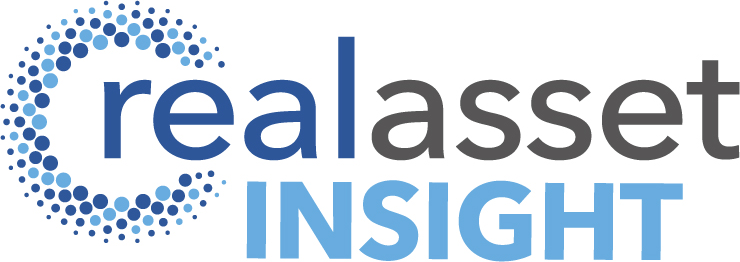BayernLB banking on real estate to deliver growth
Despite difficult conditions, Munich-based BayernLB is keen to grow its loan book.
Munich-headquartered BayernLB is a major force in financing banking in the Bavarian and German economy, with branches in Western Europe and the US. It produced a pretax profit of €1.12 billion in the 2022 financial year, up on the previous year’s €816 million.
The bank is active in different sectors of the economy, but has been undergoing a transformation to become a more specialised lender. This process has borne fruit, particularly in terms of the strength of new real estate business.
New business helped lift the real estate division’s contribution to pretax profits to €187 million in 2022, up from €164 million in the previous financial year. The increase in the division’s profits was largely due to increased business and the higher net interest and net commission income that resulted – €315 million (full year 2021: €280 million).
Furthermore, BayernLB’s 2022 figures were helped by a gain of €299 million from the sale of buildings in Munich no longer required for its own occupation.
Growing real estate loan book
Despite current headwinds and increased levels of risk in the sector, the bank is still keen to expand the property business. “Overall, we still would like to grow our real estate loan book, although in the knowledge that this year might be a challenge,” says global head of real estate, Alexander Huber.

The BayernLB Group expects pretax profit of between €600 million and €800 million for 2023, but says in a statement that this forecast is “fraught with significant uncertainty” owing to the war in Ukraine, high geopolitical risks and inflation.
“We are in a difficult environment, in the banking sector as well as real estate market which is, in itself, driven by the interest rate environment,” says Huber.
But he adds that there are positive signs. “Equity is still targeting real estate and when we reach the point where interest rates level out, prices will find sellers and buyers again, and then transaction volume should pick up,” he says.
Year of ‘housekeeping’
But this will be a year of “housekeeping” too, notes Huber. “We have to look to our existing books and things need to be managed, but we’re open for new business and we would like to see more.”
And although Germany accounts for the largest proportion of the real estate business, the bank is active in foreign markets and is keen to increase this activity abroad.
“Our home turf is Germany but we would also like to increase our international share,” says Huber. “We have offices in Milan, Paris and London as well as in New York in the US. Let’s say 40% of our business is already done internationally, but we would like to grow that.”
In the current climate, among the property-related sectors most at risk, Huber says construction will face a challenging year. However, there is still a very positive outlook for both the residential and logistics sectors, and retail could find a new equilibrium because the sector has already been affected heavily for the last few years.
“There’s a bit of a question mark that makes offices the unknown in terms of what kind of space is needed,” Huber says. “Also, which tenants still can lease long term and then there’s the ESG component.”
Focusing on sustainability
BayernLB is itself focused on sustainability and in 2022 became the first bank in Germany and Europe to publish its sustainable lending framework.
The framework serves as a basis for sustainable capital market issues and takes its lead from the goals and standards of the EU Taxonomy Regulation.
The bank also continues to expand its portfolio of sustainable funding instruments and has broadened its sustainable lending framework to accommodate its own portfolio of green bonds on offer.
It has placed a range of ESG capital market issues, which the group says makes it one of the most experienced issuers in the sustainable transactions segment.
“To sum it up, it is a difficult environment, but in general, there is still a positive outlook,” Huber states.




